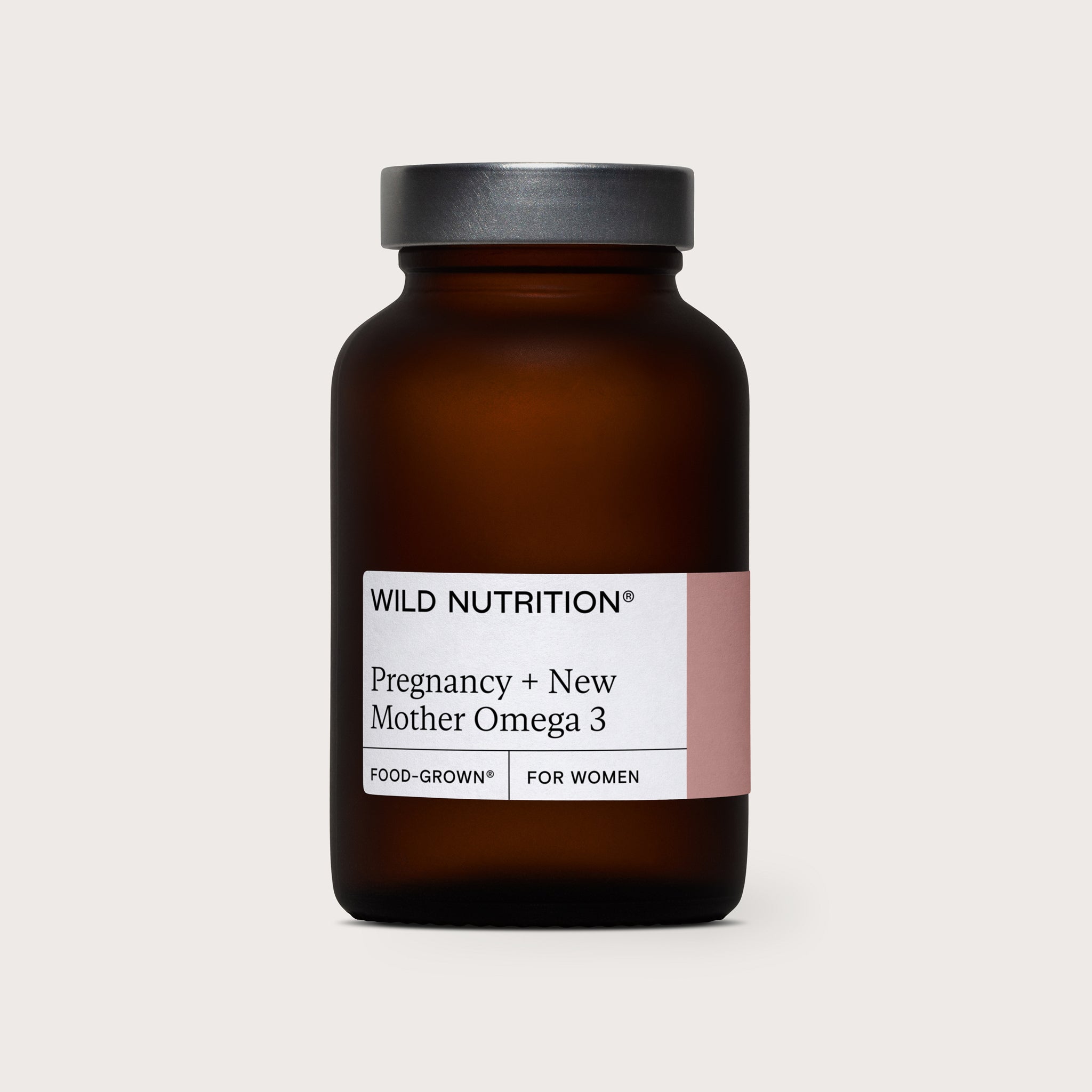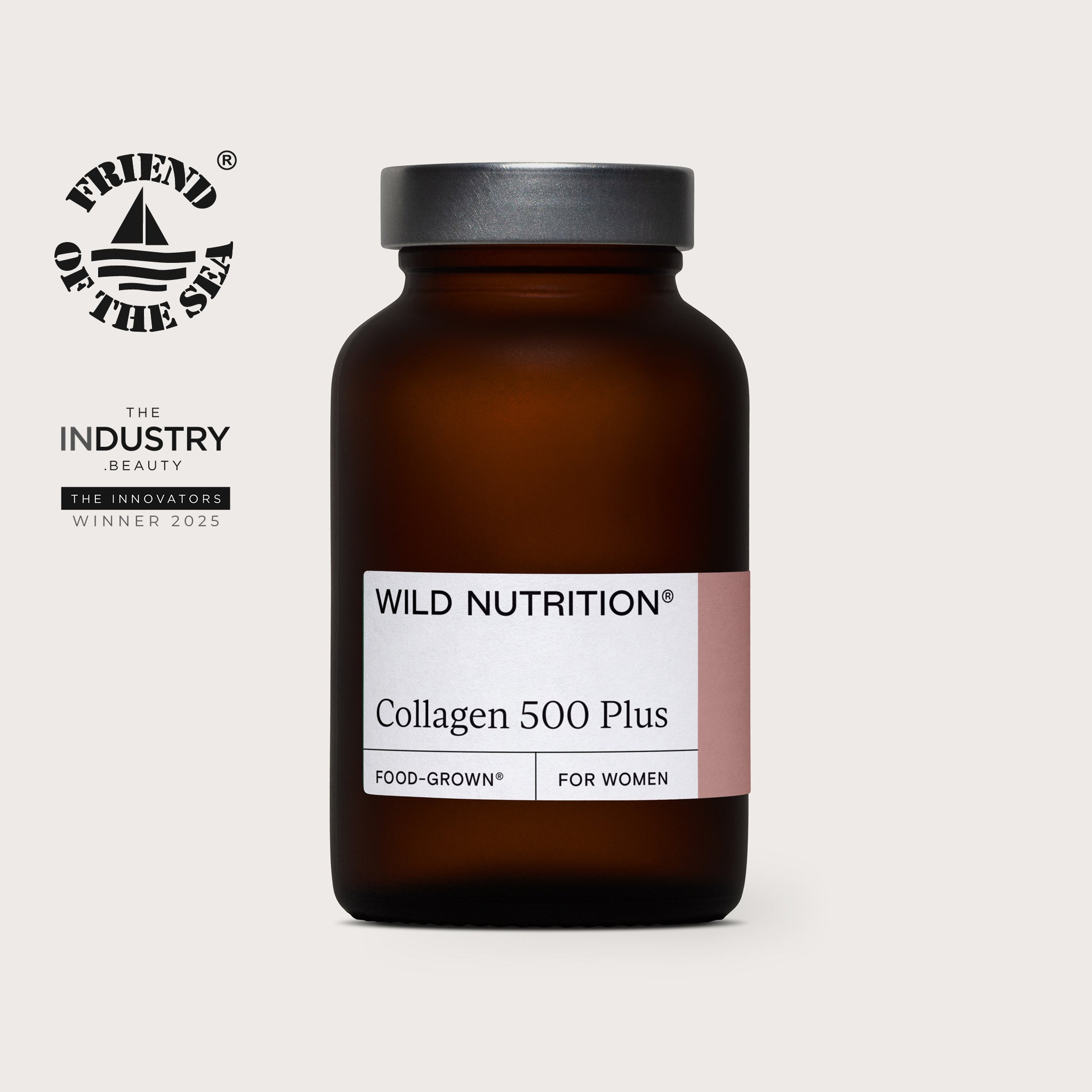
Male fertility: lifestyle tips to optimise conception
The fertility spotlight is commonly focused on women, however, greater public awareness is increasing on the significance of male fertility. Women take a great interest in their own reproductive health, as do the media and medical establishment. This can often result in a situation where male fertility is a secondary afterthought for many couples. However, NHS figures identify that in 20% of cases of infertility, this is due to low sperm count. According to NICE, in the UK, factors in the man causing infertility affect 30% of couples.
Taking a combined approach to fertility more accurately reflects the ‘dual’ nature of conception. There needs to be good concentrations and count of sperm. Men also need good levels of semen. Semen is a separate fluid to the sperm itself and provides food, energy and acts as a transport mechanism for the sperm itself. Sperm must have a good structure and form (morphology), be able to move/swim correctly (motility) rapidly and be swimming in the right direction. Sperm must also not be clumped together (agglutination).
There is a growing body of evidence demonstrating how specific nutrients can support male fertility. Here are 5 essential nutrients that can play a role:
1. Zinc
Zinc contributes to normal fertility and reproduction and contributes to the maintenance of normal testosterone levels in the blood (2). Indeed, zinc deficiency has been connected to seminal volume and sperm morphology (form and shape) (3) and therefore, a significant decrease in serum zinc levels has also been found in males classified as experiencing a low sperm count (4).
Foods that contain zinc: vegetables, nuts, seeds, meat and fish (especially seafood).
2. Selenium
Selenium contributes to normal sperm (6) and can provide an improvement in sperm motility (movement) and morphology (how sperm is formed) (7). In short, there has been a direct correlation between seminal concentration and higher selenium levels (8). Growing sperm should be protected from oxidative damage during the 3-month maturation stage.
Foods that contain selenium: vegetables, high levels are found in Brazil nuts, other nuts and seeds, and meat and fish. Research has shown there has been a decline in the amount of selenium available in soil over the decades and dietary intakes of selenium have fallen over the last 20 years (9) so we all need to make a greater effort to maintain good levels.
3. Arginine
Another amino acid, arginine has been researched for sperm health. Arginine does help form aspects of sperm structure essential for initiating spermatic motility processes (13).
Foods that contain arginine: seafood, meat, dairy products and nuts like cashews.
4. Omega 3
A higher intake of omega-3 fatty acid is associated with healthy sperm – particularly how sperm looks, count and density (15, 16). Mice studies explore how DHA (a type of omega 3 fatty acid found in fish) deficiency may cause the shape of sperm to be a rounded rather than an elongated shape favoured for swimming (17).
Eating 2 portions of oily fish per week (salmon, trout, herring, sardines, anchovy, mackerel) is essential to support Omega 3 levels. If you don't like fish or choose not to eat it, then it could be beneficial to consider an Omega 3 supplement.
5. CoEnzyme Q10
Coenzyme Q10 is a naturally occurring compound which plays a key role in energy production and it is also a vital antioxidant, protecting cells from oxidative stress. CoQ10 is concentrated in the mid-piece of sperm to provide energy for movement (18). Another study has confirmed that 3 months of Coenzyme Q10 supplementation may improve sperm shape and motility in infertile men (19).
Foods that contain Coenzyme Q10: Meat, oily fish, spinach, broccoli, cauliflower, raw peanuts.
Lifestyle tips
There are also several positive steps you can take around your lifestyle as well as your diet, these include:
- Avoiding heat around the testicles (no hot baths, regular rowing, regular cycling, placing laptops on your lap or using saunas) since sperm production relies on specific temperatures (20).
- Smoking cessation should be recommended and studies show alcohol should be limited.
- Limiting exposure to endocrine disrupting chemicals is also important, as more and more evidence is emerging on their impact on fertility. Whilst we can’t get rid of them completely, some simple things you can do are: avoiding using plastics to store food in or drink water from, opting for stainless steel or glass containers. Consider investing in a home water filter; avoid using fragranced personal care products such as aerosol deodorants, aftershave or shower gel.
- A diet rich in a wide variety of colourful antioxidant-containing vegetables and fruit. Healthy fats (especially oily fish twice a week) and good sources of protein should be promoted.
- Prioritising sleep length and quality is also beneficial; aim to implement a good sleep routine.
If you are looking for support with fertility, our team of expert Nutritional Therapiststs are here to help offer guidance and support for you and your partner, no matter what your journey looks like. You can book a free call: HERE.
For more information about how to support your health or fertility, you may also find the following posts interesting to read: 5 Reasons why antioxidants are crucial for men's health, 6 lifestyle tips to optimise fertility, for a fertility nourishing recipe try our Grilled mackerel with steamed sweet potato & watercress.
For a list of full references please contact enquiries@wildnutrition.com












